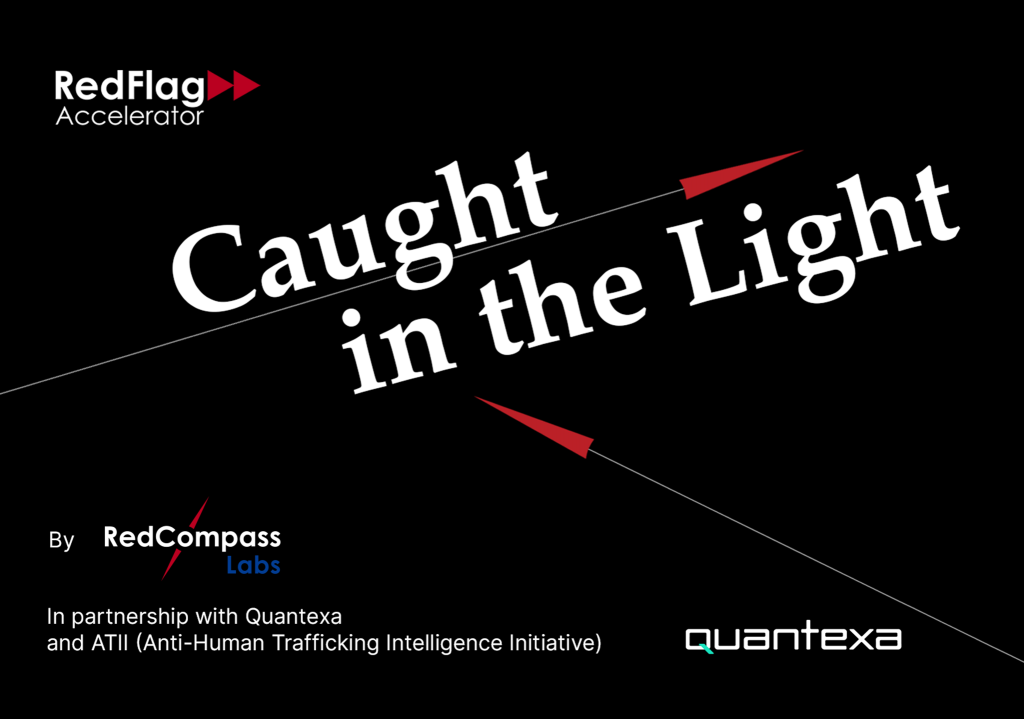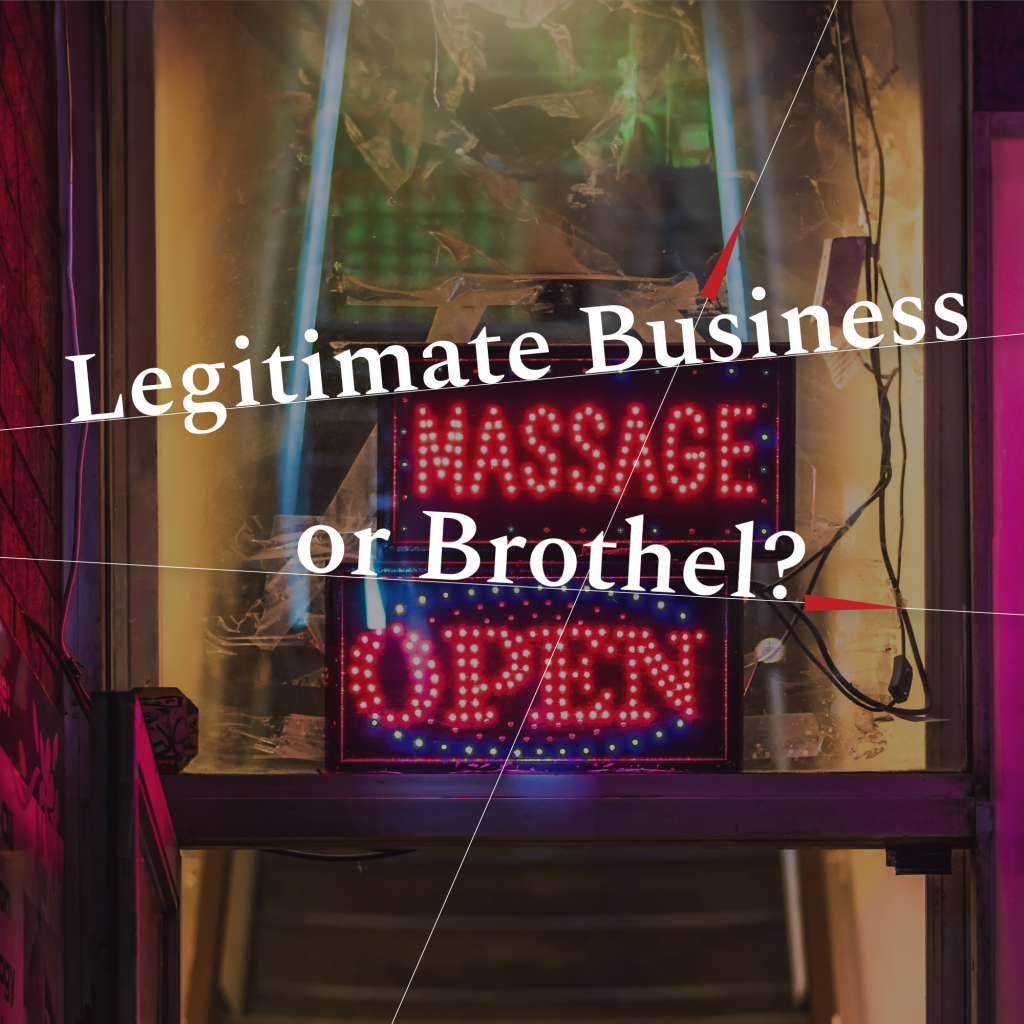Is Facebook about to become THE marketplace for human trafficking?
Modern slavery and human trafficking (MSHT) are two of the most widespread financial crimes globally, estimated to be worth USD150 billion annually and affecting over 40 million people. Every four seconds, somewhere in the world, someone becomes a victim of MSHT. Today, social media like Facebook are often leveraged by traffickers to conduct their business. But tomorrow, the problem could spiral up substantially. When Facebook launches functionalities that allow for smooth payments, like Diem and Novi, they could become a full end-to-end MHST marketplace. So, what can platforms like Facebook do to stop MSHT?
MSHT on social media is only getting worse
Unfortunately, it’s well known that social media platforms like Facebook and its affiliate apps -Instagram, Messenger and WhatsApp – are potent tools for traffickers to recruit, facilitate or exploit over 40 million human beings around the world. In 2019 already, Apple threatened Facebook with the removal of their products from its App Store after BBC warned Facebook about an online marketplace for domestic workers on Instagram. And despite launching proactive detection MSHT tools in several languages to prevent further incidents, a few weeks ago the CNN reported that the problem persists.
Except in certain geographies like India, Facebook cannot be used (yet!) to perform payments, let alone those related to the sale or exploitation of a person. However, with the launch of Diem (Facebook’s cryptocurrency) and Novi (Facebook’s wallet), THE missing pieces to create a smooth payment experience, the platform could quickly become a full end-to-end marketplace for traffickers.
Not all payment providers are subject to the same rules
Unfortunately, Mark Zuckerberg’s platform is not the only virtual means used by perpetrators. PayPal, Apple, and crypto-currencies are also facing the same challenges and have implemented advanced functionalities to fight MSHT and child sexual exploitation (CSE). But is this enough?
In the banking arena, a lot of efforts are deployed to detect criminal payments. This is highly motivated by the avalanche of new or amended legislation that extended the scope of predicate offences to MSHT, including The Anti-Money Laundering Act in the United States, the Sixth Anti-Money Laundering Directive in the EU or The Modern Slavery Act in the UK and Australia.
As they come from a different industry, social media platforms legally don’t have to follow these regulations when processing payments. So, the choice to actively combat MSHT could be motivated by the need to remove business hurdles such as being erased from the Apple Store. It also probably comes down to moral imperative, but again, will this suffice?
Three things Facebook should do to stop MSHT
Having worked in financial crime for a while and developed the single largest sources of MSHT and child sexual exploitation (CSE) flags for financial institutions, RedFlag Accelerator team has gathered a wealth of information on best practices and lessons learned that actors like big techs and cryptocurrency providers could effectively implement to prevent the processing of criminal’s transactions. Here are the top three pieces of advice for Facebook and its peers:
- Collaborate. Break the silos and participate in public-private sector initiatives. Banks have been monitoring payments data for many years. By collaborating in these initiatives, new actors can benefit from lessons learned by banks, tap into their intelligence and be better informed and equipped to accelerate the deployment of effective solutions. Criminals have no borders, so why should the financial industry?
- Use the data already available. You don’t have to start from scratch. Tools like RedCompass Labs RedFlag Accelerator typologies are designed to help you develop game-changing preventive functionalities against MSHT and child sexual exploitation.
- Leverage the latest technology. Using new innovations that often these platforms already master, such as AI, machine learning or data analytics, will enable them to rapidly identify MSHT networks or develop AI agents that simulate the behaviour of a perpetrator, as an example.
There have never been more slaves today than at any other time in history. It is time for all of us to stop it collectively. Unfortunately, as Facebook’s experience demonstrates, implementing meaningful measures against MSHT is complex.
If you need any help in this area and want to leverage our expertise in disrupting MSHT and CSE, please feel free to reach out to us. We want to collaborate to stop one of the biggest injustices of our time.
Share this post
Written by

Silvija Krupena
Director of Financial Intelligence Unit
Resources





